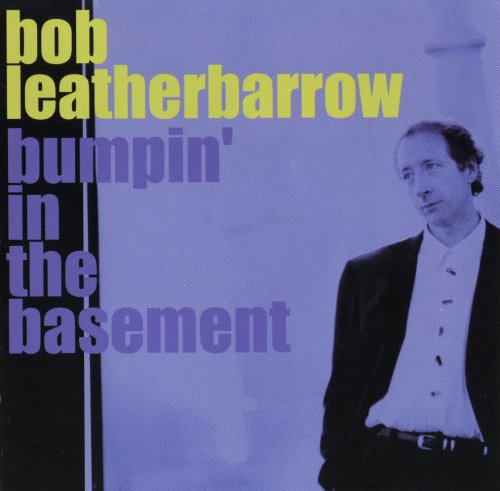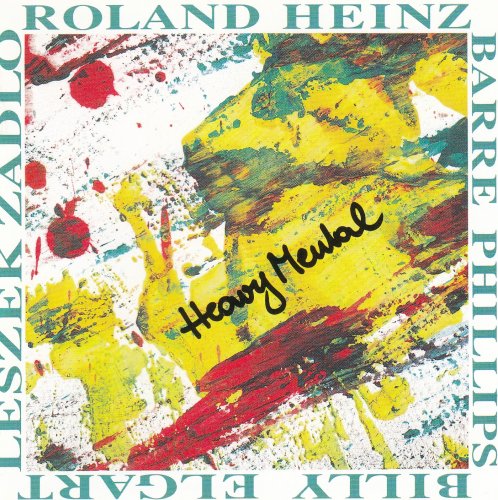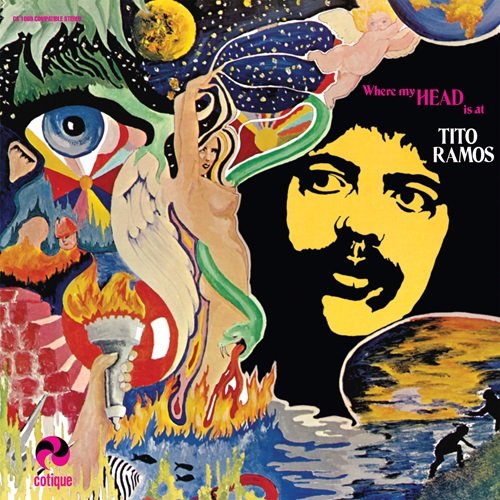Giuseppe Mariotti - Ferruccio busoni (Musical landscapes and avant-garde visions) (1995) [DSD & Hi-Res]
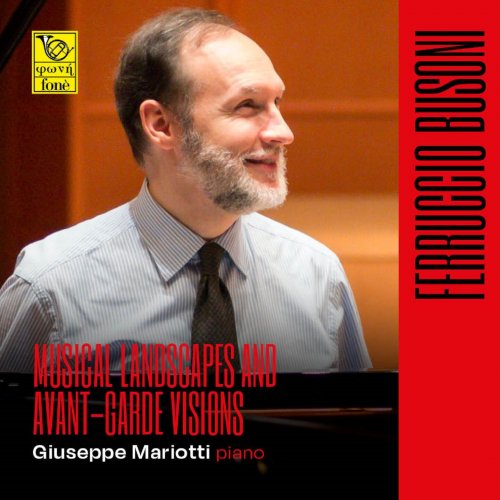
Artist: Giuseppe Mariotti
Title: Ferruccio busoni (Musical landscapes and avant-garde visions)
Year Of Release: 1995/2024
Label: Fonè Records
Genre: Classical Piano
Quality: flac lossless (tracks) / flac 24bits - 96.0kHz / DSD64 +booklet
Total Time: 01:08:56
Total Size: 241 mb / 1.15 / 2.72 gb
WebSite: Album Preview
TracklistTitle: Ferruccio busoni (Musical landscapes and avant-garde visions)
Year Of Release: 1995/2024
Label: Fonè Records
Genre: Classical Piano
Quality: flac lossless (tracks) / flac 24bits - 96.0kHz / DSD64 +booklet
Total Time: 01:08:56
Total Size: 241 mb / 1.15 / 2.72 gb
WebSite: Album Preview
01. Suite Campestre, Op. 18, Kind. 81: I. Canzone Villereccia del Mattino
02. Suite Campestre, Op. 18, Kind. 81: II. La Caccia
03. Suite Campestre, Op.18, Kind. 81: III. L‘Orgia
04. Suite Campestre, Op.18, Kind. 81: IV. II ritorno
05. Suite Campestre, Op.18, Kind. 81: V. Preghiera della sera
06. Fantasia nach Johann Sebastian Bach, BV 253
07. Indianisches Tagebuch I, BV 267: I. Allegretto affettuoso, un poco agitato
08. Indianisches Tagebuch I, BV 267: II. Vivace
09. Indianisches Tagebuch I, BV 267: III. Andante
10. Indianisches Tagebuch I, BV 267: IV. Maestoso ma andando
11. Sonatina seconda, No.2, BV 259
12. Vierte Ballet-Szene, Op. 33a, BV 238
13. Sonatina in diem nativitatis Christi MCMXVII, No.4, BV 274
14. Drei Albumblätter, BV 289: I. (Zürich) Andantino sostenuto
15. Drei Albumblätter, BV 289: II. (Roma) Andante
16. Drei Albumblätter, BV 289: III. (Berlin) In der Art eines Choralvorspiels. Sostenuto religioso
Ferruccio Busoni stands as a towering figure in the musical landscape of the turn of the century. His unbridled activity as a man and musician shaped his entire life, and his universal genius allowed him to reach absolute and, unfortunately often misunderstood, artistic heights. His impressive virtuosity never seemed imposing, and his avant-garde and highly original musical vision became legendary. Beloved by audiences since his youth, he often baffled critics. His later compositions in particular rank among the most important and brilliant of his time: his works for piano and especially those for orchestra and opera influenced an entire generation of musicians. He vehemently advocated for the performance and publication of works and critical essays of then-contemporary music. Arnold Schoenberg, for example, who succeeded him as teacher of the composition class at the Berlin Academy of Music, found great support in his work through Busoni. Busoni's literary education and keen intellect allowed him to write the text of his operas himself, to correspond with the greatest figures of his time, and to publish some essential works, of which the most significant is the Entwurf einer neuen Ästhetik der Tonkunst (Sketch of a New Aesthetic of Music) (1907), in which he describes pioneering intuitions, such as the dodecaphonic system, microtonality, and new notation systems, and even makes predictions about electronic music. He was the inspirer of a new piano construction, namely the Imperial model of the Viennese piano manufacturer Bösendorfer, which was also used for this recording.
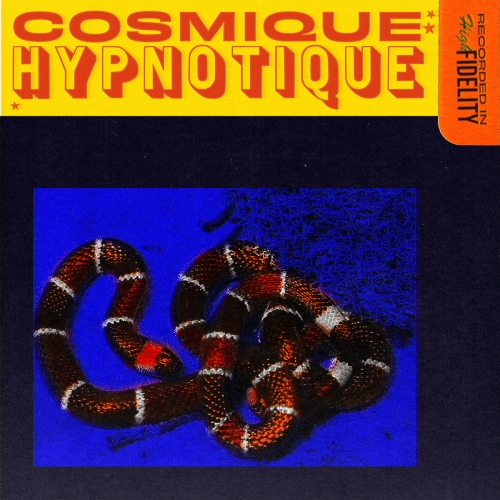
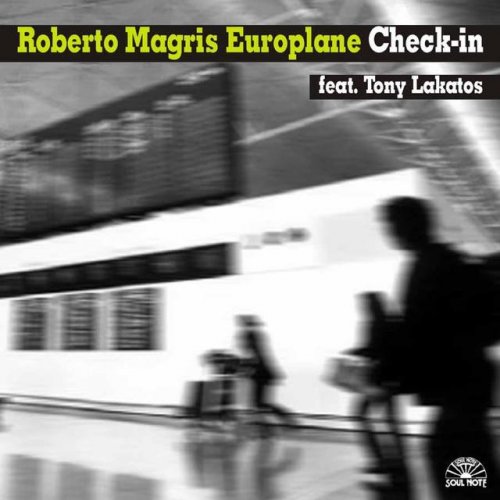

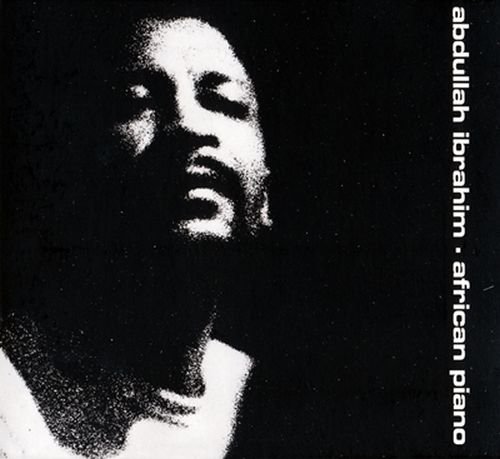
![Steve Kuhn & Karin Krog - Break of Day (2015) [Hi-Res] Steve Kuhn & Karin Krog - Break of Day (2015) [Hi-Res]](https://www.dibpic.com/uploads/posts/2026-02/1770024915_m8pa28e6on0ia_600.jpg)
